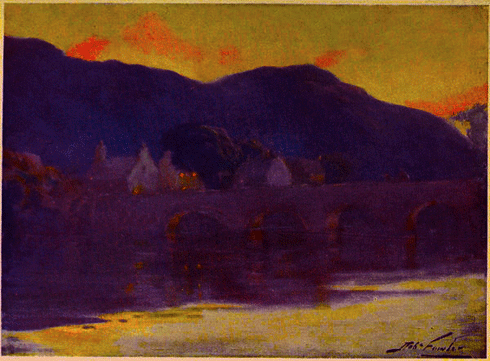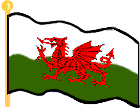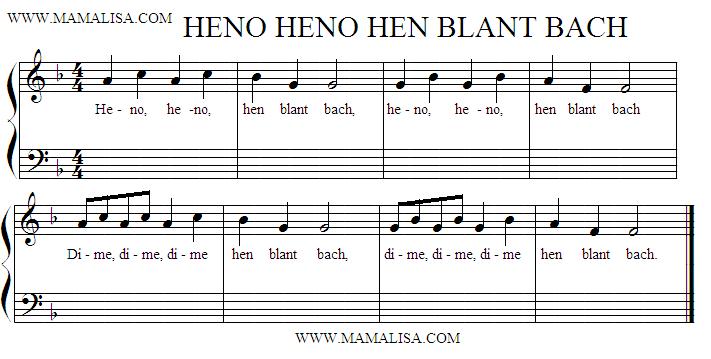Heno, heno

Heno, heno
Tonight, Tonight
Lullaby
Lullaby
(Welsh)
(English)
Heno, heno, hen blant bach,
Heno, heno, hen blant bach,
Dime, dime, dime, hen blant bach,
Dime, dime, dime, hen blant bach.
Gwely, gwely, hen blant bach,
Gwely, gwely, hen blant bach,
Dime, dime, dime, hen blant bach,
Dime, dime, dime, hen blant bach.
Fory, fory, hen blant bach,
Fory, fory, hen blant bach,
Dime, dime, dime, hen blant bach,
Dime, dime, dime, hen blant bach.
Tonight, tonight, dear little children,
Tonight, tonight, dear little children
Halfpenny, halfpenny, halfpenny, dear little children,
Halfpenny, halfpenny, halfpenny, dear little children.
Bed, bed, dear little children.
Bed, bed, dear little children.
Halfpenny, halfpenny, halfpenny, dear little children,
Halfpenny, halfpenny, halfpenny, dear little children.
Tomorrow, tomorrow, dear little children.
Tomorrow, tomorrow, dear little children.
Halfpenny, halfpenny, halfpenny, dear little children,
Halfpenny, halfpenny, halfpenny, dear little children.
Notes
Here's what Anthony wrote about the meaning of "hen blant bach": "Welsh is not a straight forward language...
Hen can mean old as in henoed - old people or ancient.
Plant means children and bach means small (the opposite is mawr for big).
In essence the literal translation is old little children."
******
Gwilym Evans wrote, "The word 'hen' is 'old', 'ancient', 'long gone' or 'remote' (and nothing else) in formal literary Welsh. However, the word has crept into spoken Welsh as an idiom for "dear", and that's what is implied in this lullaby."

Thanks and Acknowledgements
Many thanks to Rosemary Hughes for contributing the two first verses of this lullaby and to Monique Palomares for the translation. Many thanks also to Anthony Gibson for helping with the translation and to Gwilym Evans, Sharon, and Helen Dilworth for information about "hen" and "dime".
Diolch ÿn fawr!


























